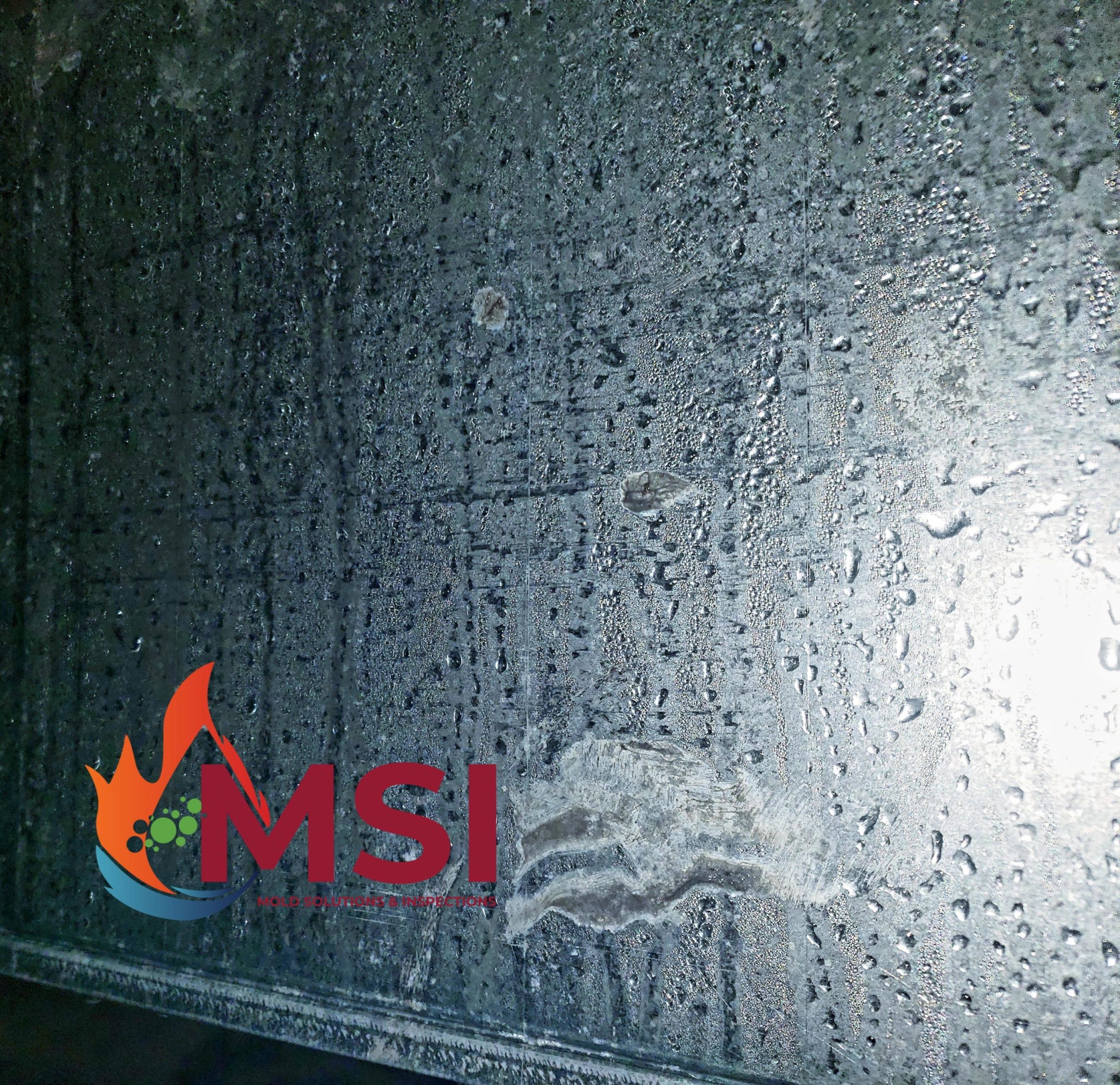Risk Factors
The chances of developing histoplasmosis symptoms increase with the number of spores you inhale. Professions with a higher likelihood of spore exposure include:
- Farmers
- Pest control workers
- Poultry keepers
- Construction workers
- Roofers
- Landscapers and gardeners
Most at Risk of Severe Infection
Very young children and older adults have weaker immune systems, so they’re more likely to develop disseminated histoplasmosis — the most serious form of the disease. Other factors that can weaken your immune system include:
- HIV or AIDS
- Cancer chemotherapy
- Corticosteroid drugs, such as prednisone
- TNF inhibitors, often used to control rheumatoid arthritis
- Medications that prevent rejection of organ transplants
Complications
Histoplasmosis can cause a number of serious complications, even in otherwise healthy people. For infants, older adults and people with compromised immune systems, the potential problems are often life-threatening. Complications can include:
- Acute respiratory distress syndrome (ARDS). Histoplasmosis can damage lungs to the point that the air sacs begin filling with fluid. This prevents efficient air exchange and can deplete oxygen levels in the blood.
- Heart problems. Inflammation of the pericardium, the sac that surrounds your heart, is called pericarditis. When the fluid in this sac increases, it can interfere with the heart’s ability to pump blood efficiently.
- Adrenal insufficiency. Histoplasmosis can harm your adrenal glands, which produce hormones that give instructions to virtually every organ and tissue in your body.
- Meningitis. In some cases, histoplasmosis can cause meningitis, an infection and inflammation of the membranes surrounding your brain and spinal cord.
Tests & Diagnosis
Diagnosing histoplasmosis can be complicated, depending on the area of the body being affected. While testing is not usually necessary for mild cases of histoplasmosis, it can be crucial to help choose appropriate treatments in life-threatening cases.
Each type of lab test for histoplasmosis has its limitations. Your doctor may suggest a combination approach to search for evidence of the disease in samples of:
- Lung secretions
- Blood or urine
- Biopsied lung tissue
- Bone marrow
Like Us on Facebook at MSIFanPage








